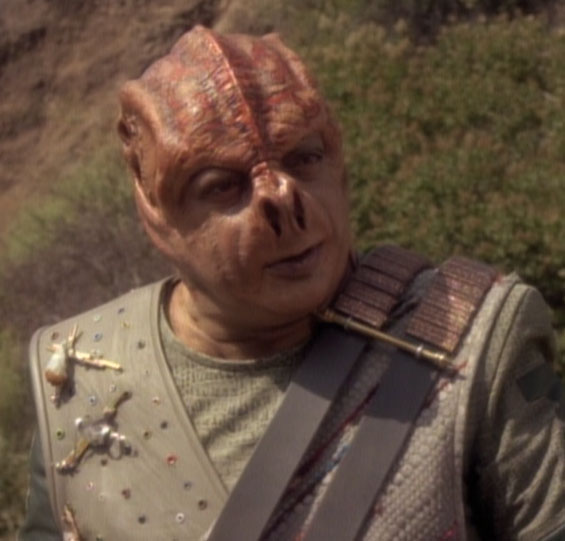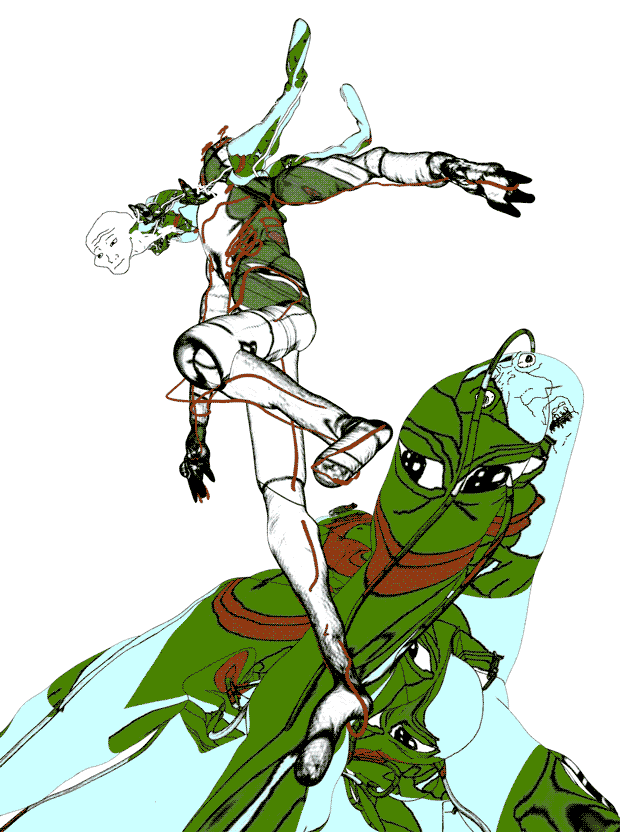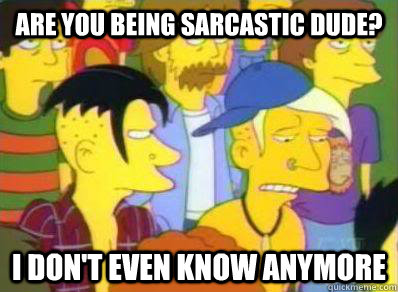Digital Beard Stroking
Communication Conundrum
Communication is always a fascinating topic. We often consider communication to be transferring or conveying a concept. But if we look a little deeper at the underlying constructs that we employ to do this, it isn’t so simple. The often exceedingly difficult challenge of bringing another person to have a thought is not quite so simple as beaming it into their brain. Instead, we’re forced to use our cobbled-together communication media.
The most obvious form of communication is language. We use words, both written and spoken, to package up a concept and then hand it off to another person in the hope that they interpret all the words the same way we meant them. Or, if not the exact same, at least functionally close. (There’s lots to say about the epistemology of “close enough” in terms of knowledge or thought and it’s not really concise enough for this article. Maybe later). This is contentious, since many people may not really agree on the meanings of words, whether intentionally or unintentionally. Occasionally, we overtly disagree on meanings in words. Other times, the misunderstanding may actually go unnoticed, merely a corrupted notion occurring in the target individual who simply internally adjusts the meaning to suit their expectations and prejudices (or regional/cultural variations).
Of our other forms of communication, we struggle with similar implications. Body language can vary from region to region and person to person – resulting in potentially dangerous misinterpretations. Symbolism, too, can have profoundly varying implications. Thumb-biting, two raised fingers, raised thumb, flinging-gestures, etc. can all have surprising effects in one culture, yet achieve absolutely nothing in another. Moreover, it can also change over the course of time. Sometimes, rather rapidly. Beyond that, they may be offensive in some contexts, but perfectly valid or even benign in others. If only there was a way to package up the text, context and subtext of an idea into a single depiction. Oh hey, there is! Memes!
With the combination of the immense body of popular culture and the clique culture of the internet, we have created a breeding ground of inside jokes and references to existing communications. These little vignettes, made up of not only text and pictures, but also context and subtext, contain far more meaning than a sentence ever can. Knowledge of the memes becomes compulsory if one spends any large amount of time on the internet, but it’s easily obtained with the limitless resources of search engines and wikis. Sounds perfect! The entirety of a thought, packaged up into a single little convenient picture! Not so fast! Even within these memes, there’s room for interpretation, as with our other communication media. These memes can begin to take on a whole new life online. Sometimes, they become more abstract and lose sight of their original meaning. Other times, more specific beyond anything that the original material intended or was even received as. Such would appear to be the curse of communication in that it will always transcend the symbols and the meaning into a higher level of abstraction using the previous linguistic constructs as their basic building blocks. For example, look at Hashtags.
I can’t speak for the entirety of the Internet as a whole (Not that this stops me), but I can speak for my social circles when I say that we’re over hashtags. The oddly specific game of tagging our expressions so they’re easily searchable transcended into some weird shorthand for injecting feelings and simple concepts directly into your readers without bothering with any of that pesky grammatical structure. #blessed, #loveit, #orangemochafrappucinos, etc. became a language unto themselves, with their own propensity for misinterpretation. Perhaps the best example of this is the unfortunate Susan Boyle album launch hashtag “#susanalbumparty”. (Capitalisation can really clarify otherwise dreadfully confusing things in this realm). Oh well, No conclusion this time, folks. Looks like we’re just stuck living in a world of unclear grammar, misleading imagery and downright confusing language. Until next time!
-Kendric



